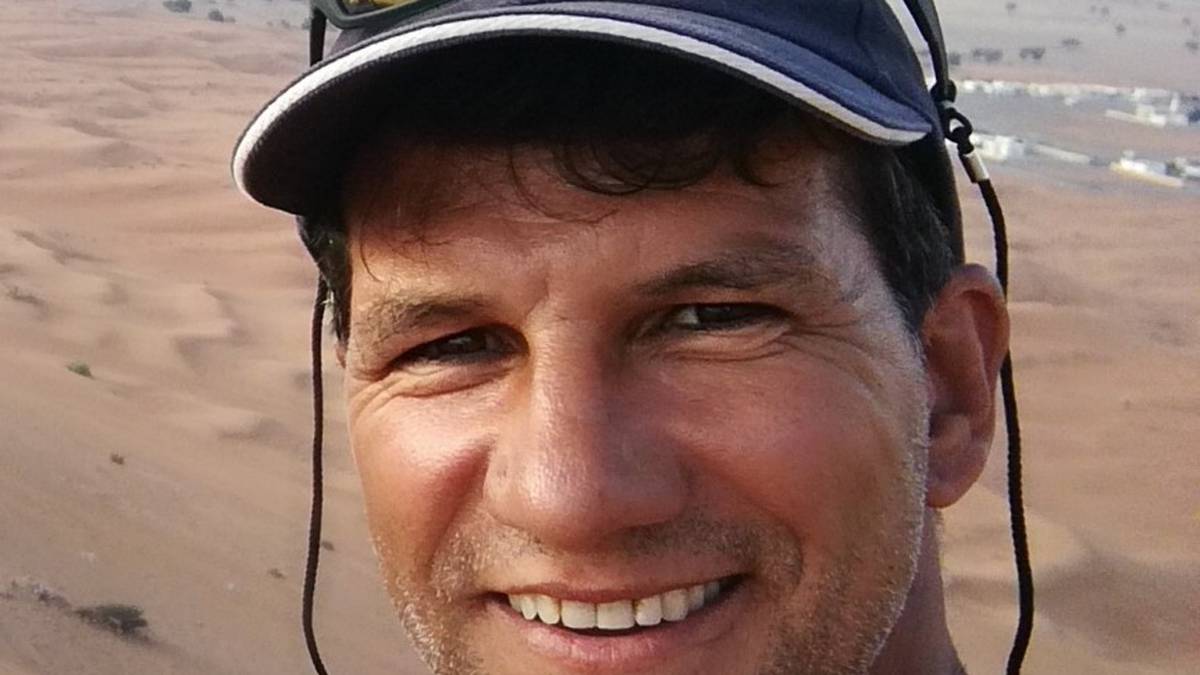Conservation biologist Professor Philip Seddon said the big cats at Kamo Wildlife Sanctuary would not survive in the wild, should the park cease to operate in the future.
It is unlikely a zoo in New Zealand will take the big cats at Kamo Wildlife Sanctuary in the event the Whangārei-based park ceases to operate in the future, an expert says.
Conservation biologist at the University of Otago, Professor Philip Seddon, said given the big cats have been raised in captivity, they would not survive if released into the wild either.
The park is temporarily closed after the High Court last week ordered that Big Cats Limited, the company that runs Kamo Wildlife Sanctuary, be placed into involuntary liquidation, just over a year after it opened to the public after operators upgraded facilities, built significant new containment facilities, provided all that was required for animal welfare and maintained staffing at a level that could sustain public access.
It closed in 2014, and the Ministry for Primary Industries gave it the go-ahead to re-open the park to the public in November 2021.
Advertisement
The park has nine African lions, six Barbary lions – extinct in the wild – two Bengal tigers, and New Zealand’s only leopard.
“If the big cats are released in the wild, they’ll endure a slow and miserable death. These are captive animals, so they don’t have the natural skills that lions in the wild have, no social skills and no hunting ability,” Seddon said.
“They’ll either be killed by other animals or starve to death, or they’ll be attracted to human areas and be put down as problem animals. An ideal situation is for someone to come in and manage them on-site.
“If the park were to close, then the options for them are limited. A zoo or sanctuary or a suitably registered welfare centre has to be found so that animal welfare can be guaranteed. Otherwise, they can be humanely euthanised.”
Advertisement
Seddon said New Zealand was in a different situation compared with a country such as the United States, where there were more relaxed rules regarding the private ownership of exotic animals. However, he said the US has more zoos, so there were more options in terms of animal ownership.
“It’s unlikely any zoo in New Zealand will have the capacity to take that many big cats, and that’s the challenge of keeping wild animals in captivity. There’s a duty of care for their entire lives,” he said.
The average lifespan of a lion kept in captivity is 25 years.
The Ministry for Primary Industries said the next steps for Kamo Wildlife Sanctuary and its animals rested with the owner and operator of the park.




